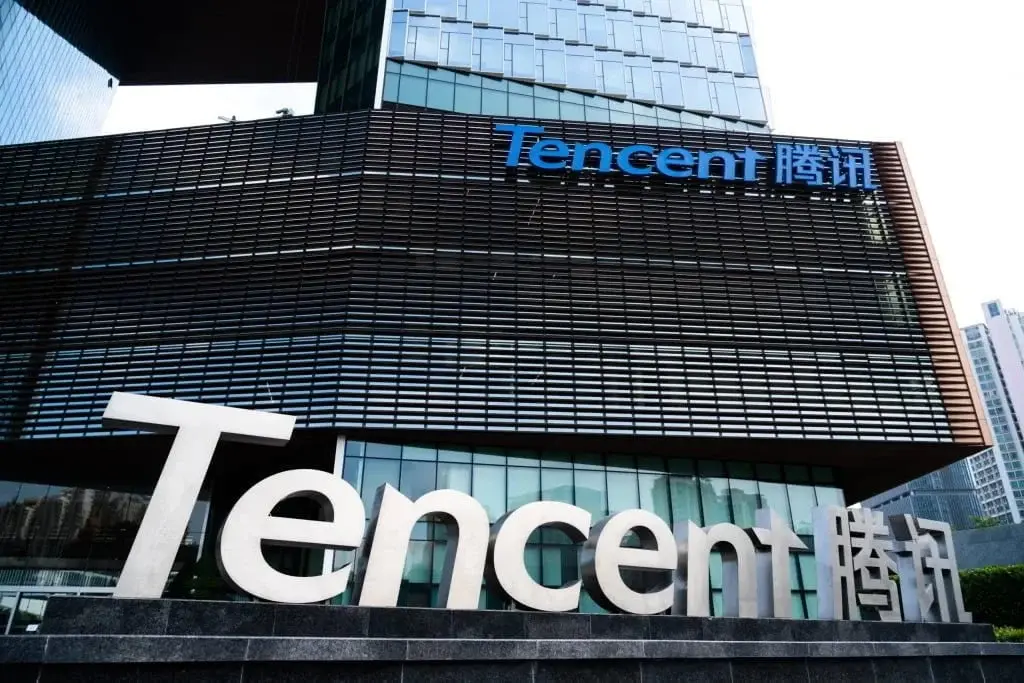During the 2000s and early 2010s, Ubisoft was a top choice for gamers, enjoying huge success with series like Assassin’s Creed and Far Cry. Yet, the company’s luck took a turn for the worse, reaching a new low in 2024. Every major game released that year failed to meet expectations. Some notable disappointments included:
The Downfall of the Ubisoft Formula
The excessive reliance on the “Ubisoft formula,” which is characterized by repetitive gameplay, cluttered maps, and a lack of new ideas, has led to rising discontent among gamers and critics. This growing frustration is worsened by technical glitches, frequent bugs, and the presence of microtransactions in games that are already sold at full price. Consequently, Ubisoft faces increasing pressure to implement meaningful changes, with the company’s future possibly resting on developments in this year.
A Crucial Moment Ahead
Gaming insider Jason Schreier pointed out Ubisoft’s delicate situation in a recent Bloomberg article regarding the gaming industry in 2025. He portrayed the company as being at a critical juncture, with its future likely determined by how well Assassin’s Creed Shadows performs. The game’s launch, which has already been pushed back to February 2025, could be crucial for Ubisoft’s direction.
If the game launches successfully, it might provide the necessary space for internal changes, but a poor reception could mean tough decisions ahead. Reports suggest that options like privatization or selling the company are on the table. Companies such as Tencent Holdings Ltd., a Chinese tech giant that already has a stake in Ubisoft, along with Saudi Arabia’s Savvy Games Group, have shown interest in potentially acquiring the company.
Source: Link




